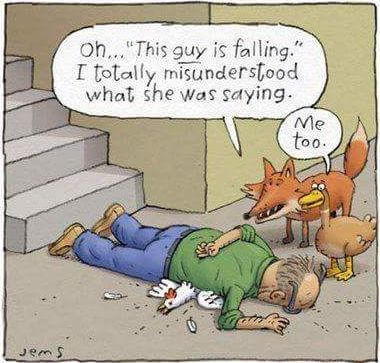Why Writers Need to Read

Reading Feeds Writing
As a writer, you tell stories and play with language. Reading other writers expands your writing experience by exposing you to ways other writers have done the same thing. Reading helps you refine your craft to become a better writer. Your insight and creativity grow as you read.
You were probably inspired to write your mystery by reading. Before you wrote that first story idea you gained experience in how a mystery is constructed, how characters interact, how clues are planted and other tropes by reading mysteries.
If you decided to write to market in the mystery genre because the market is steady and broad, reading will help you understand what readers expect.
A cook learns new skills by trying new recipes. A musician studies the techniques of other musicians. And they practice. Reading other writers inspires new ways to write.
The Osmosis of Reading
Much of what we writers learn from reading happens at an unconscious level. Although you may consciously notice a phrase or how a character is portrayed, the benefit of reading enriches our understanding without conscious acknowledgement.
Unconscious learning happens as you read more books. Reading a wide variety of books, inside and outside your genre, creates lasting impressions and a sense of what makes good writing and an enjoyable book.
Reading every day, is part of a writer’s life. Without it, your writing will stagnate. The variety of skills and techniques you learn grows as you read.
Vocabulary
A strong, nuanced vocabulary comes from knowing and understanding a wide spectrum of words. Words are the basis of telling a story. Understanding words gives you the power to exploit the connotations of words. Your sentences come alive with verbs that illustrate action. Build overtones into subtext.
When Writing Is Right
Take a lesson from good writers. You read a book you can’t put down. You are drawn into the story—characters, plot, and sometimes the writing itself. You see what’s effective when it comes to voice, sentence structure, and story development. Imitate what you find to improve your writing.
When Writing Goes Wrong

Where you stop reading helps you understand where stories get stuck. Notice when you are pulled out of a story. Is it the story logic? Does a character act “out of character?” Are you bored by the syntax? Did you stop reading a mystery because the villain was obvious? Does the story premise offend you?
Whether you put the book down for a few minutes or forever, subconsciously you are learning how a story is ineffective.
Know Your Market
When you read books in your genre, especially bestsellers, you gain an understanding of what readers appreciate. You will gain an understanding of where your book fits in the market. You will discover new ideas for your story. You will have a better understanding of what readers respond to in your market.
Inspiration
Reading creates thought. You’ll garner fresh ideas for your writing. Fiction gives you ideas for characters, plot twists, planting clues and how to integrate theme into a story. Don’t overlook non-fiction in your reading because you’ll have fresh insights into society, social norms, politics, and hobbies that inspire ways to represent your theme, create character motivation, and give skills to your characters.
Improve Focus and Concentration
Focus and concentration are skills just like any other—playing an instrument, mastering a sport, or using a knife in the kitchen. The more you practice, the better you become. When you sit down to write, you want clear focus and the ability to concentrate on your writing. Reading helps you hone these skills.
Craft Study Skills
When you read as a writer, you’ll learn to read objectively. When a good story draws you in, you may want to re-read the story focusing on how the writing works. Examine the overall story structure. Notice plot twists that head the story in a new direction. Are scenes long or short? Why do they work in the story? How does the author manipulate the story to achieve a satisfactory climax? How are the subplots woven into the story?
Expand Your Mind and Your Craft
Reading improves your writing. You learn to recognize good writing both consciously and unconsciously. As a writer, you’ll start to notice not just when a story doesn’t work but why. And you’ll recognize those story symptoms in your writing and edit to eliminate story stoppers. Reading is your path to improving your writing.
Photo by Mert Kahveci on Unsplash





